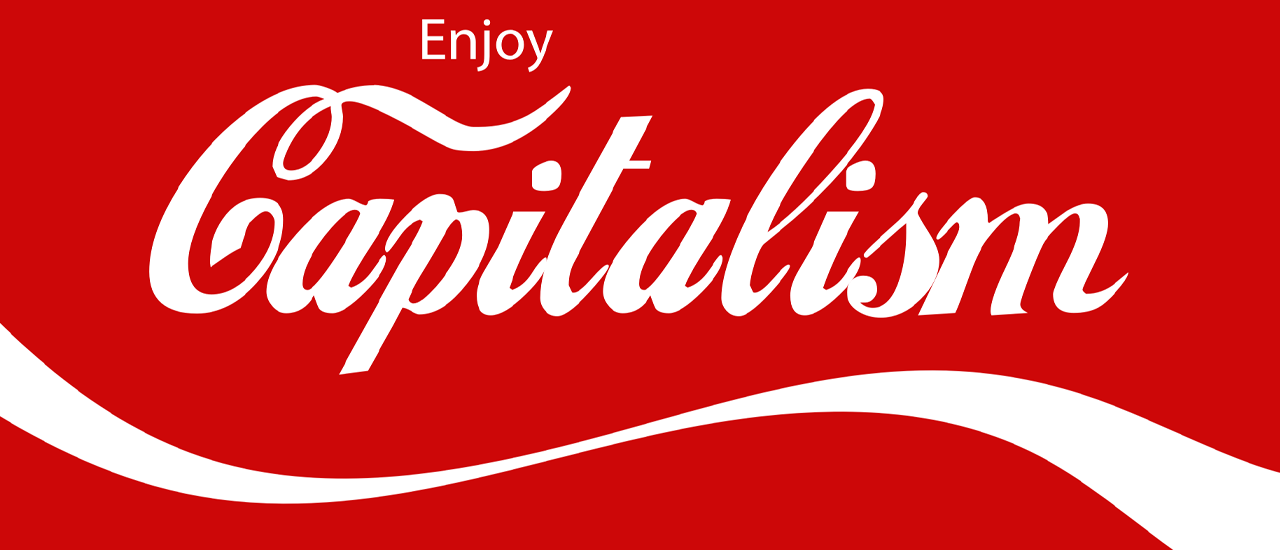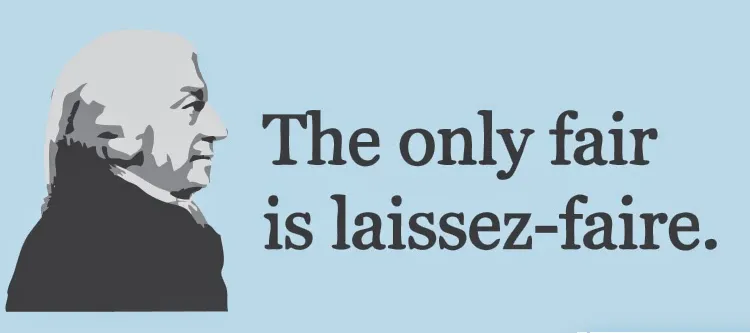Decentralized finance (defi) is more than a catchphrase; it is a revolutionary system that replaces centralized control with individual sovereignty, enabling transparent, trustless, and voluntary exchanges that embody the principles of capitalism.
Beyond Amusement: How Defi Brings Capitalism’s Core Values to Life
Approximately 20 days ago, Bitcoin.com News shared an editorial exploring how decentralized finance (defi) can transform into a personal playground for free-market exchanges. Yet, defi transcends mere amusement—it embodies the principles of capitalism by dismantling financial monopolies and enabling individuals to participate in unregulated, direct exchanges. Today’s financial systems are burdened with monopolistic practices, driven by extensive government interventions and regulatory measures that stifle competition and hinder innovation.

The current system operates as a monopoly, fortified by state-backed monetary control, regulatory obstacles, and the collusion of major financial entities with governmental powers. This alliance stifles innovation, restricts competition, and centralizes economic influence. Such a flawed structure highlights the pressing need to explore free-market solutions that revive competition and decentralization in the financial sector. Decentralized finance (defi) exemplifies this potential, enabling markets to function as intended—guided by voluntary exchange, merit-based outcomes, and value.
Under Laissez-faire capitalism, trade and currency act as the primary vehicles for individuals to pursue personal aspirations and showcase their productive potential. Defi enhances this paradigm by leveraging the transparency and permanence of blockchain technology. Through Web3 tools such as smart contracts, transactions are executed seamlessly and without intermediaries, minimizing inefficiencies and eradicating avenues for coercion or fraud. This decentralization fosters a truly free market, where participants interact directly, free from undue regulations or unwarranted oversight.

In the shadow of state-controlled monopolies, wealth and resources are concentrated in the hands of a privileged few. This dynamic has persisted since the dawn of organized governance. The earliest known state, established in Sumer around 4500 BCE in ancient Mesopotamia (modern-day southern Iraq), operated under a system where priest-kings controlled city-states. Economic power was centralized in temples and palaces, which dominated agricultural lands and oversaw production and distribution.
The Sumerian elite imposed taxes and tributes on the populace, appropriating agricultural goods and labor to support state projects, religious institutions, and their own luxurious lifestyles. This tax burden, combined with the elite’s control over resources, entrenched social inequalities. Such disparities have endured because they are intrinsic to statist systems, which rely on centralized authority, coercion, and the suppression of individual freedoms.
This enduring model of state taxation reflects the unchanging nature of such systems—structures that derive authority not from voluntary cooperation or mutual benefit but from compulsion. Defi, by contrast, champions the ethical principles of free trade: a framework where individuals are free to act in their self-interest, engage in voluntary partnerships, and reap the benefits of their labor. It rejects the inertia of centralized systems and embraces the vitality of decentralized markets, paving the way for human innovation and safeguarding private property in the financial sphere.
In essence, the coolest aspect of decentralized finance lies in its inclusivity and sovereign nature. No matter your background, location, or occupation, defi welcomes all to a platform where they can engage in free, transparent, and direct financial interactions. This revolutionary system breaks down barriers, offering everyone the chance to participate in a market driven by the core tenets of capitalism. Defi not only challenges the monopolistic tendencies of today’s traditional finance but also empowers individuals to control their economic destiny, making it a truly global financial playground.
 news.bitcoin.com
news.bitcoin.com